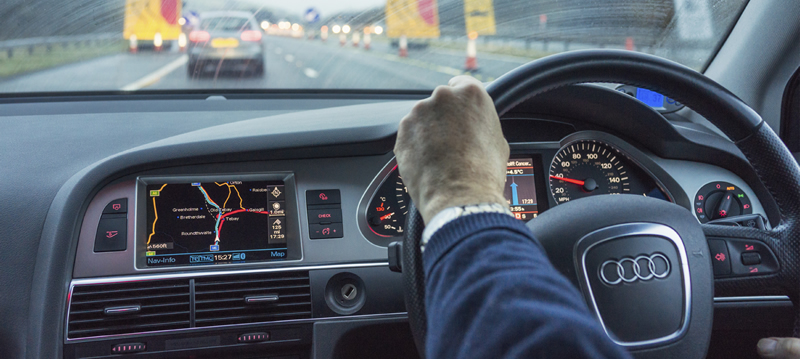Study: 16% of Londoners admit to making non-essential journeys during lockdown
New research from the UK’s leading car insurer, Admiral, reveals how coronavirus is affecting drivers around the country. The investigation which polled 1,400 drivers in the UK aimed to understand how driving behaviours may have changed, as well as the impact of the government’s driving restrictions and fears around public transport.

Are Brits taking risks when it comes to driving during coronavirus?
With lockdown in place, the roads are quieter than normal, as many day to day drivers stay at home to work and abide by government regulations. However, with open roads comes a new risk of speeding as almost one in five (18%) drivers agreed that they are more likely to speed when the roads are quieter.
This increases to 24% of men admitting they are more likely to speed when there are fewer cars around, compared to just 13% of women. What’s more, 16% of drivers agree that they could have broken the speed limit since the coronavirus outbreak leading to additional risk on top of the pandemic.
How is our mental wellbeing affected by driving restrictions?
Being able to drive is a privilege but with 75% of people aged 17 and over holding a driving licence in the UK, it’s a common part of our everyday lives for a lot of Brits. Driving gives a sense of freedom and, for many, the restrictions in the UK have had an impact on mental wellbeing, as Admiral’s findings reveal that 29% of people said not being able to drive during self isolation impacts their mental health.
It’s important to follow government guidelines and only make essential journey’s, however 28% of people said that going for drives during self isolation has improved their mental wellbeing. When looking at different ages, half (50%) of 17-24 year olds said that going for drives throughout self isolation has helped their mental health.
Admiral’s research also reveals that 14% of people have made non-essential journeys since the coronavirus outbreak, with men coming out as the worst offenders. This figure jumps up by 19% when taking into account men who admit to making non-essential journeys whilst only 8% of women have admitted to doing the same. Surprisingly, 17% of those who are high-risk are also making non-essential journeys.
How do Brits feel about public transport during isolation?
The investigation shows that the two most feared types of public transport are underground trains and buses, with 87% of Brits revealing that they’re fearful of using both of them. The next most feared modes of transport are overground trains and aeroplanes, where 85% of Brits would be scared to travel this way.
If using public transport, 17% of Brits are wearing personal protective equipment to reduce the risk of spreading or catching coronavirus. For key workers who may be using public transport the most, this rises to 3 in 10 (27%) who are wearing PPE.
Nearly one third (31%) of people in London are wearing PPE when on public transport whilst people in Newcastle are least likely to wear PPE on public transport with a huge 68% claiming not to wear it.
When it comes to key workers who are continuing to get Brits from A to B, Taxi drivers are wearing the least amount of PPE with only 31%, whereas 44% of bus drivers are staying protected with PPE at work. Car share drivers, however, are wearing PPE most often with half (50%) wearing protective equipment whilst at work.
